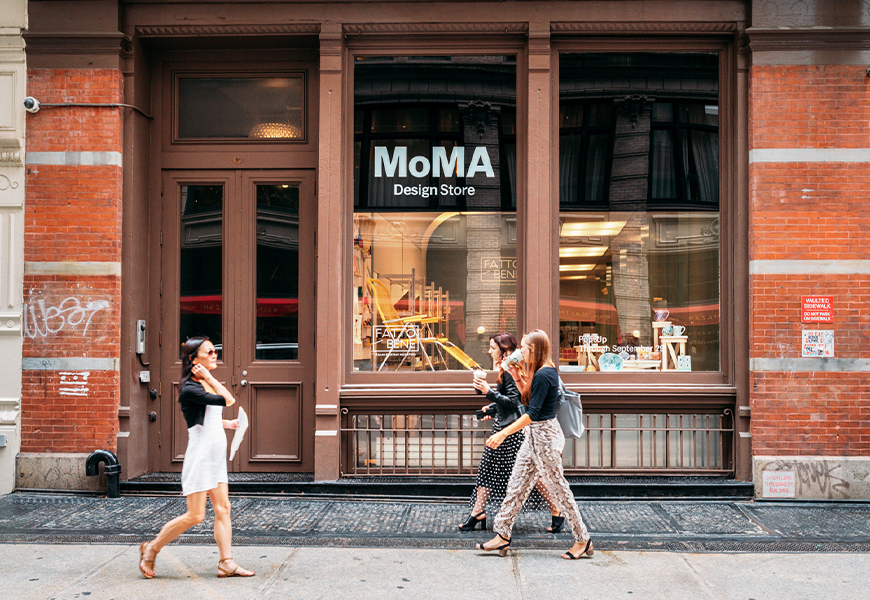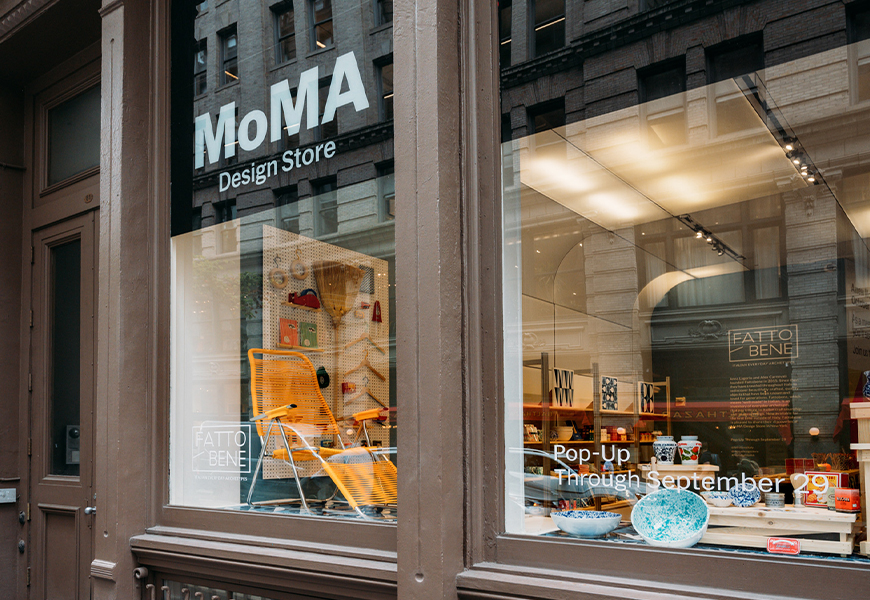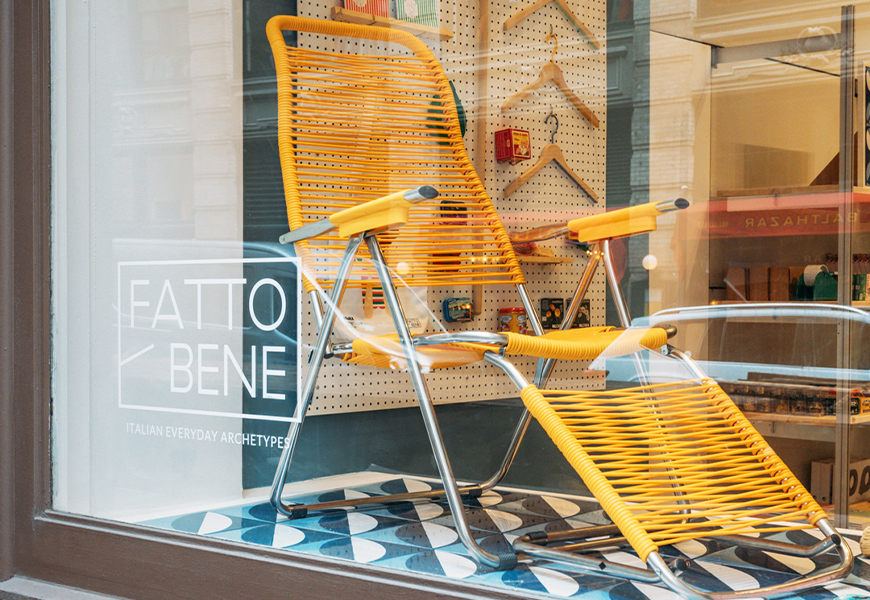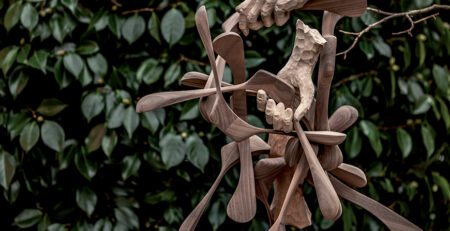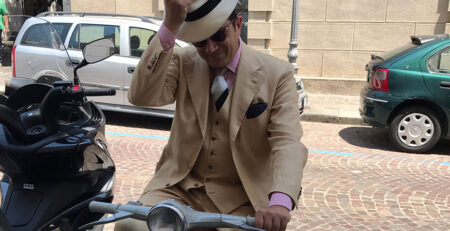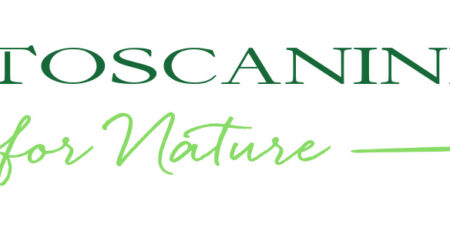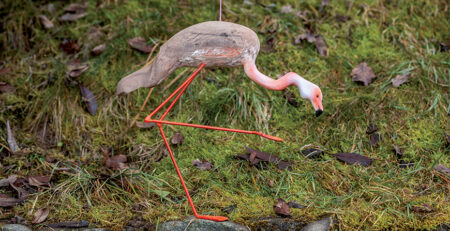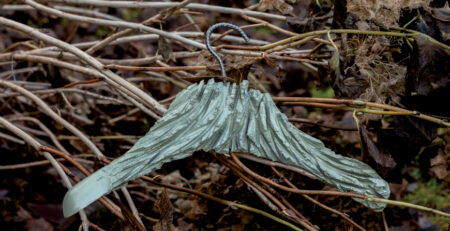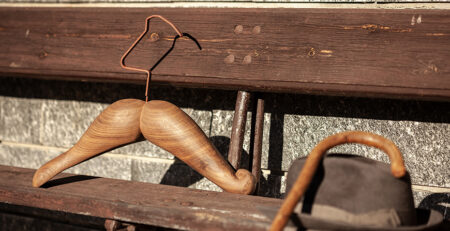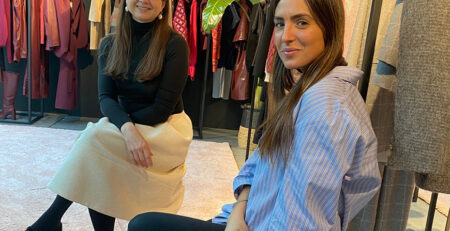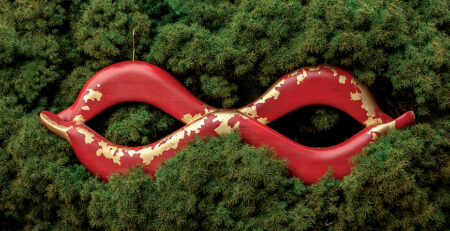Anna Lagorio of FattoBene talks about Toscanini and Made in Italy
My passion for well-made objects dates back to the time when I used to write for Il Sole24Ore. Those were years when many historic Italian companies were closing down, or were in the process of being taken over by foreign enterprises, and I found myself wondering about the loss of so much know-how and something that’s maybe less tangible but just as important tradition.
The unique nature of the Made in Italy
It was from these reflections and my passion for the stories which lie behind each project, whether personal or corporate, that I got the idea for FattoBene, the archive which brings together and celebrates products Made in Italy which, some may deem “minor” but which have, in their way, become a part of the collective imagination. These products include such objects as the Fabbri cherry jars,Zenith sewing machines, Acca Kappa toothbrushes and many more.
Each of these companies has its own distinctive story to tell, and their products couldn’t be more different, but all of them have a corporate history of at least 50 years behind them, and are united by a common thread: they combine the beautiful and the functional in an object. In my view, this is the feature which typifies and distinguishes the good Made in Italy products, the way in which the aesthetic dimension is incorporated into objects designed for everyday use, not as a kind of afterthought but as an infusion of beauty even in the most humble of objects, giving them that touch of the marvellous which never ceases to surprise.
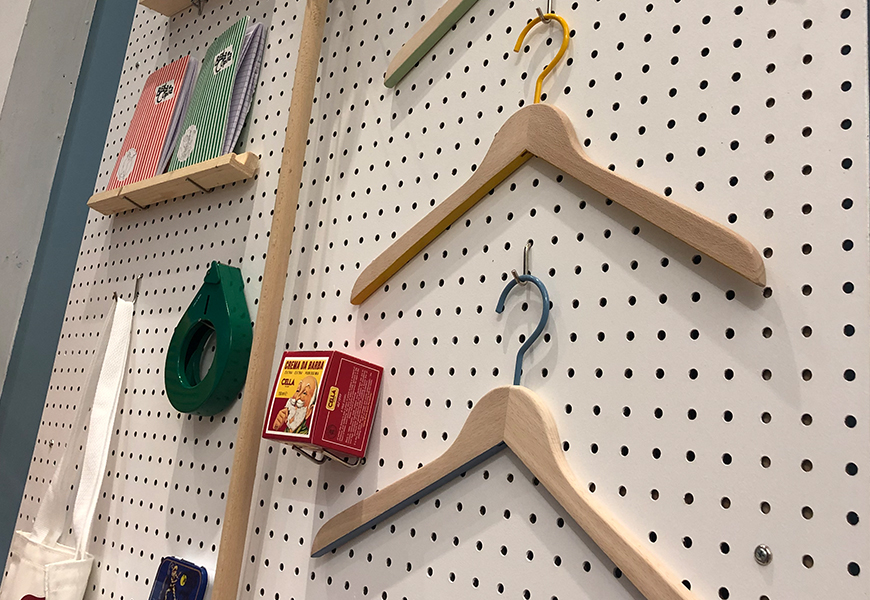
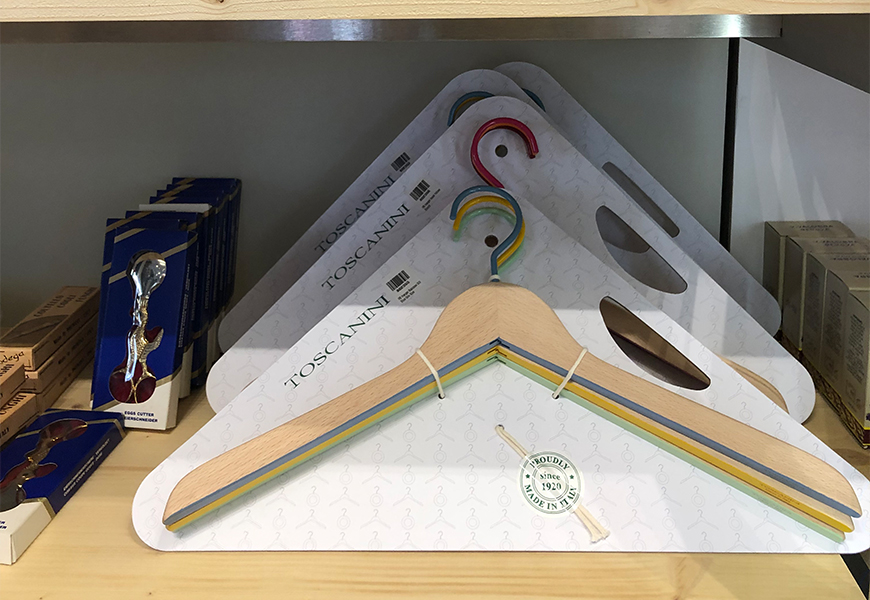
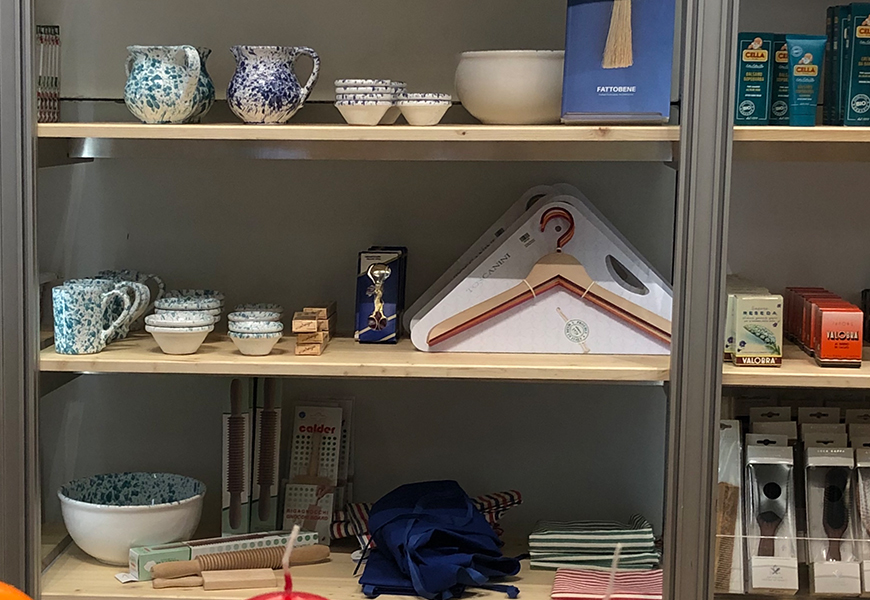
The essence of Toscanini as described by Anna Lagorio
I found all of this in Toscanini: the story of a family capable of transforming an object as simple as a clothes hanger into an article of design which takes on different forms to conquer the fashion brands of the whole world.
I’ve been fascinated by the hundred year history of this company and its products, starting with the woodworking tools designed by the great grandfather and ending up with the robots of today, without ever discarding the finishing touch of a human hand. But Toscanini possesses another characteristic typical of the Made in Italy brands – the ability to adapt to history, that intuitive touch which drives the company to try out new routes. Like in the seventies, for example, when the company started making wooden clogs, or when they decided to work with plexiglass to make transparent coat hangers which enhance the items on display at their very best.
The Toscanini clothes hangers made their debut in the Rinascente department store in Milan in 1948. This is another example of how the company was able to interpret the need for beautiful objects, well made by Italians who were finally able to leave the horrors of the war behind them.
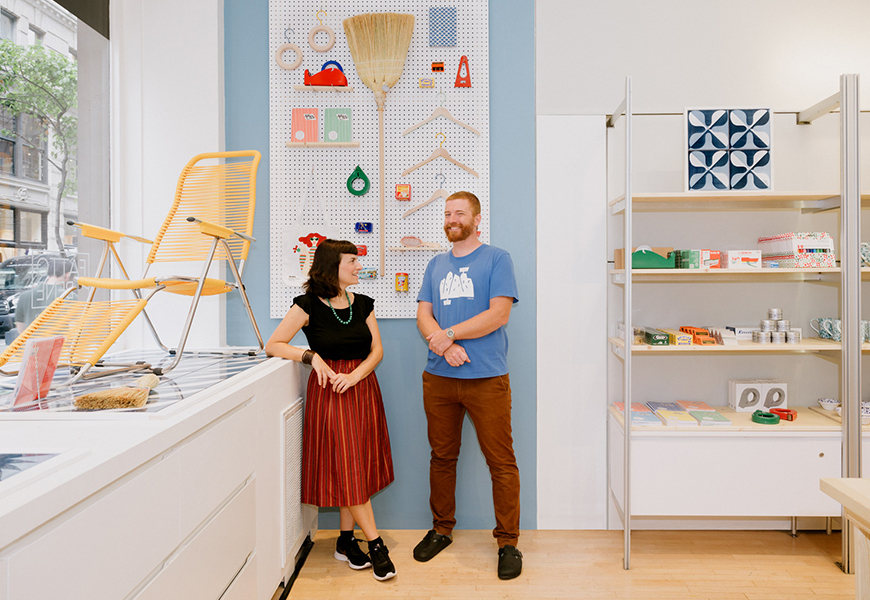
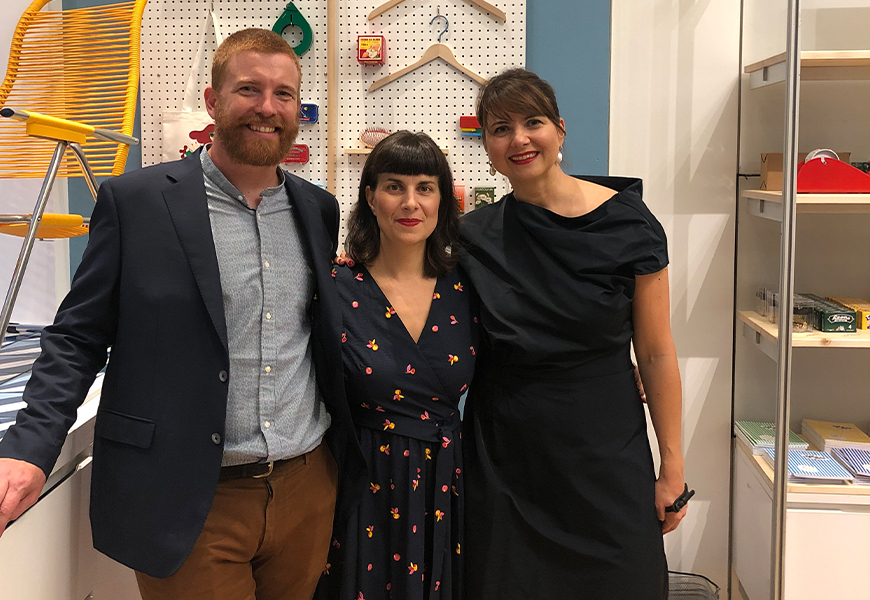
Toscanini contemporary objects at the MoMa Design Store with FattoBene
I’m fascinated by the idea of a company that knows how to process such a basic material as wood and give it a contemporary look. As Enzo Mari and Bruno Munari said, a well designed object is always a contemporary one. For this reason, I asked Federica Toscanini, with whom I immediately felt a strong connection, to take part in FattoBene at the invitation of the MoMa Design Store in New York. The challenge was to take a series of products Made in Italy selected from our archive to one of the world’s most iconic stores. It was a long process, because we had to present our selection and discuss it with management at MoMa Design Store, in what was to develop into a genuine debate on contemporary design! Initially, they didn’t understand why we insisted on including the Toscanini clothes hangers in our selection. They didn’t regard the product in itself as being especially interesting, but when they saw how Toscanini had interpreted it, all their doubts simply vanished. That touch of bright colour on the underside of the clothes hanger won them over, because the addition of colour to a part of the product that isn’t particularly visible represents the quintessence of Italian design, which knows how to be beautiful “in itself” and is always “pop”, because it naturally combines form, function and aesthetic.
Telling the stories of companies such as Toscanini deserves the right amount of time, and is an exercise in what I like to describe as “slow journalism”, in contrast with cut and run information which misses out on the opportunity of focusing on fantastic stories to be proud of.
